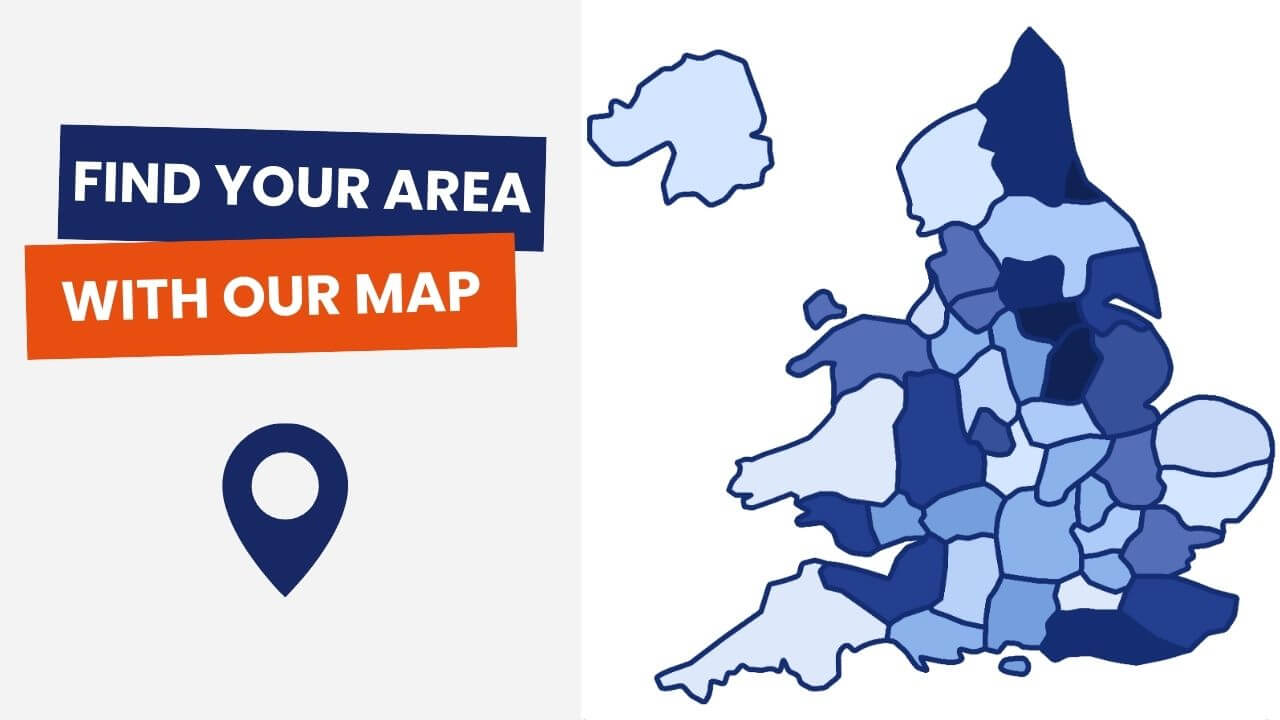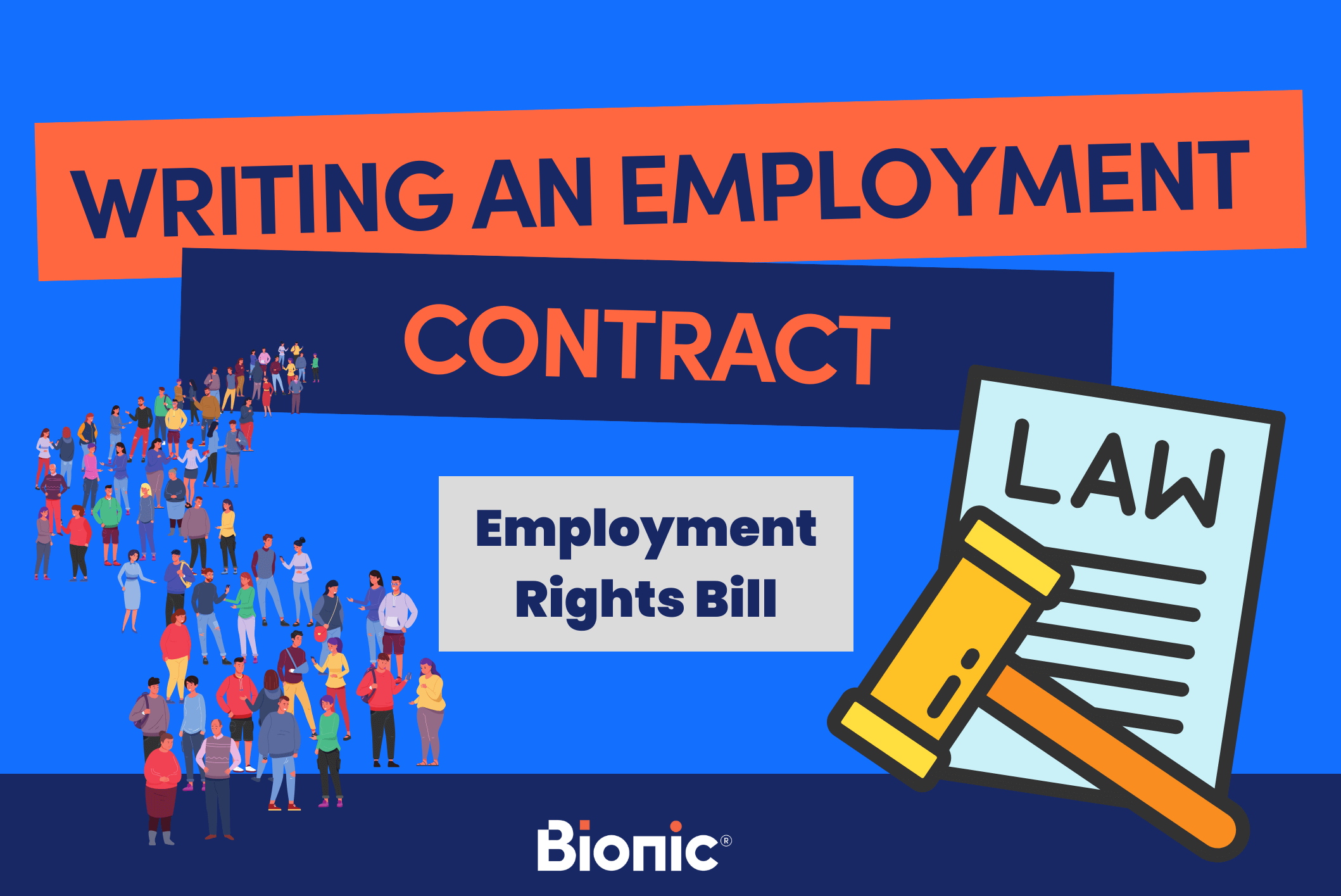* By submitting your details you agree to our terms and conditions and privacy policy . We promise we won’t share your data with others for marketing purposes.
Compare insurance for shops

Tailored shop insurance from 82p a day*

Compare from a panel of trusted insurers

Bionic is the comparison site for your small business

We compare a vetted panel of trusted business suppliers
Bionic provides business insurance for small business, like retail shops
Get tailored cover to protect against claims from employees, customers & more
Get the protection you need with no unnecessary extras that you don’t want
What is...
shop insurance?
Whether your shop is along a high street, trading estate or in a bustling local area, one thing is for certain — you’ll need proper shop insurance. This package is designed for retail shops and includes various covers that protect your business from claims and risks.
You can reduce the likelihood of a customer slipping and falling, but you can’t prevent it. Likewise, you can install the latest security but stockroom theft from break-ins can still happen. Shop insurance helps cover your back, so you're not left to pick up the pieces.
It could protect your premises, employees, customers, and stock, providing peace of mind so you can focus on what’s most important — running your business.
Who is shop insurance for?
If you run a retail shop, you’ll need shop insurance. This applies if you have a single premises or multiple locations. Wherever your business is located, you’ll need to protect your building, stock, employees and customers.
There are all sorts of things that can go wrong and affect the day-to-day running of your business — anything from damaged stock to employee injury can have an impact on whether you can even open at all. That’s why it’s important to make sure your shop insurance covers you against these risks and more.
What does shop insurance cover?
Policies will vary per provider, and terms and conditions apply, so always check the small print in your policy wording to see what’s included and excluded. Your shop insurance package could include:

Employers’ liability insurance
In case an employee gets ill or injured because of the work they do for you. A legal requirement if you have employees.

Public liability insurance
In case you injure someone or damage something while providing your services.

Product liability insurance
In case a product you have sold, manufactured, or designed injures someone or damages something

Commercial building insurance
To protect business premises that you own, whether you're using them or renting them out to others.

Business interruption insurance
To provide compensation if a listed event stops your business from running normally.

Stock and contents insurance
Provides cover for stock, including food & drink supplies, against theft or damage by fire or other insured events.
Find out why your business needs insurance from Les, our Business Comparison Expert.
What other cover might be available?
Depending on the type of shop you own, you might also want to consider the following:
- Legal cover - This can help with legal fees when involved in legal action against a third party. For example, a customer claims a toy you sold them was faulty, caused harm and takes you to court.
- Glass cover - This might be included as part of any commercial buildings insurance policy, but it’s worth checking in case damage to shop’s front windows isn’t covered. It may also be worth looking into ‘shop front’ insurance to cover damage to signs or other shop front adornments.
- Loss of licence cover - If you run a business that is licensed to sell alcohol, this insurance will help cover you for the loss of income or drop in the value of your business because of losing your license to sell alcohol on the premises.
Are there any exclusions to shop insurance?
When sorting your shop insurance, it’s important to check for any policy exclusions so you can take out any extra cover if necessary. Look out for the following exclusions:
- Manual work away – Shops insurance provides cover on your specific premises, so if any of your income comes from work away from the premises – say you run a showroom for fitted wardrobes and installation is part of your business – you may need extra cover.
- Break-ins and damage to property – Your insurer will specify the security measures you need to have in place as part of your property and may not pay out on claims made for theft that have been as a result of doors or windows being unlocked. You should check your insurance documentation carefully to make sure you comply with the security required for your property.
- Serving food - If you cook and serve food from your shop, your public liability insurance should cover you for any potential illness caused by your cooking. But you may need additional insurance to cover the extra risk posed by equipment like fryers.

If you sell stock in your shop, you'll want to protect it along with your premises and staff. Shop insurance provides many essential covers needed to give you peace of mind while trading."
Insurance Director - James Barwell
How much does shop insurance cover cost?
Prices could start from around 82p a day*.
It’s difficult to determine your costs without speaking to a broker, this is because your business is unique and price depends on several factors, including:
- Size - A bigger shop will usually mean bigger claims, which means higher premium prices.
- Location – As with home insurance, the location of your shop can affect the price you pay for cover. Areas seen as a higher risk will come with higher premiums.
- Having speciality stock – If you sell valuable or specialist items, these will cost more or be more difficult to replace. This will be reflected in the price of your premium.
- Licensing – Having an alcohol licence means your shop has additional risks involved. Insurers will charge more to cover these risks.
*This price is for a shops and salons policy – 10% of customers who were sold with one of our panel providers paid £300.23 or less annually (excluding any additional administration fees) between 01/01/25 & 31/12/2025. Equivalent to £25.02 a month or £0.82 a day (and excludes the extra costs for paying monthly). Your actual policy and price may vary depending on your business requirements.
Why choose shop insurance with Bionic
Shop insurance is essential for UK small businesses and covers financial losses related to employee injury or illness and damage, loss or theft of your equipment and stock. If your business relies on staff or items of equipment to function, it’s key you’re properly insured.
Whether you run a shop, a market stall or anything in-between get in touch with the team at Bionic to compare business insurance quotes and make sure your business is covered.
How Bionic business insurance comparison works
Compare insurance quotes in three simple steps
1
Start your quote online
Speed up the process by submitting basic business details online – whenever you have time.
2
Speak to our UK-based team
Schedule a call with one of our insurance brokers to discuss the details to ensure they’re correct.
3
Compare tailored quotes
Get your quotes from our panel of trusted insurers and through any questions with our team.
What do I need to get started?
You only need a few details to get started with getting a business insurance quote online, so it’s best to have the following information ready to go:

Your business name and trade

Your policy start date

Your name and contact details to receive your quote options

You may be asked additional questions about business activities
Shop Insurance FAQs
Our team shares essential knowledge on business insurance

How to protect your small business from shoplifters: top tips guide
You don't want shoplifts stealing your goods — but what can you really do about it? Clue up on everything from the laws around shoplifting to what to do if you spot customers stealing from you.

Employer Reference Number (ERN): complete UK business guide
Your employer reference number (ERN) acts as your business's unique identifier with HMRC. Every UK business owner with employees needs this reference for tax returns, payroll submissions, and even business insurance. Getting it wrong could delay your HMRC submissions and cause you hassle. Solve your ERN problems with this guide.

The Best & Worst Shoplifting Areas Across the UK
We gathered UK police data to find about the UK's top shoplifting hotspots. Could it be where your business is located? Use our interactive map to find out and explore our original study.

How to write a UK employment contract for a small business in 2025/26
Learn how to write a UK employment contract and understand the upcoming Employment Rights Bill so your contracts follow the law. Read more now.
Not your usual boring business content!

Sign-up to The Backbone, our free fortnightly newsletter for anyone who owns, runs, or works in one of the millions of businesses across the UK. Get the inside track from real business owners just like you




